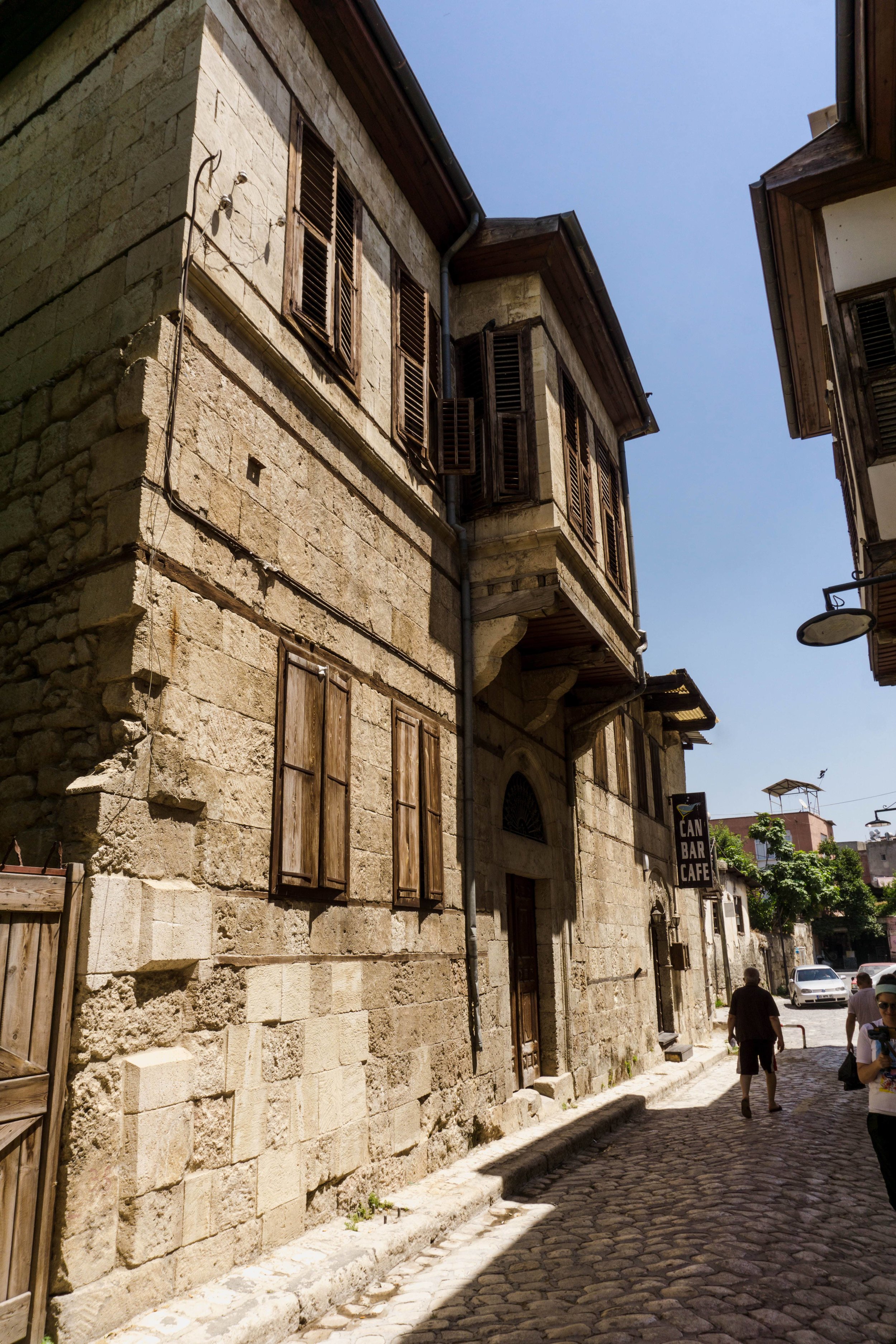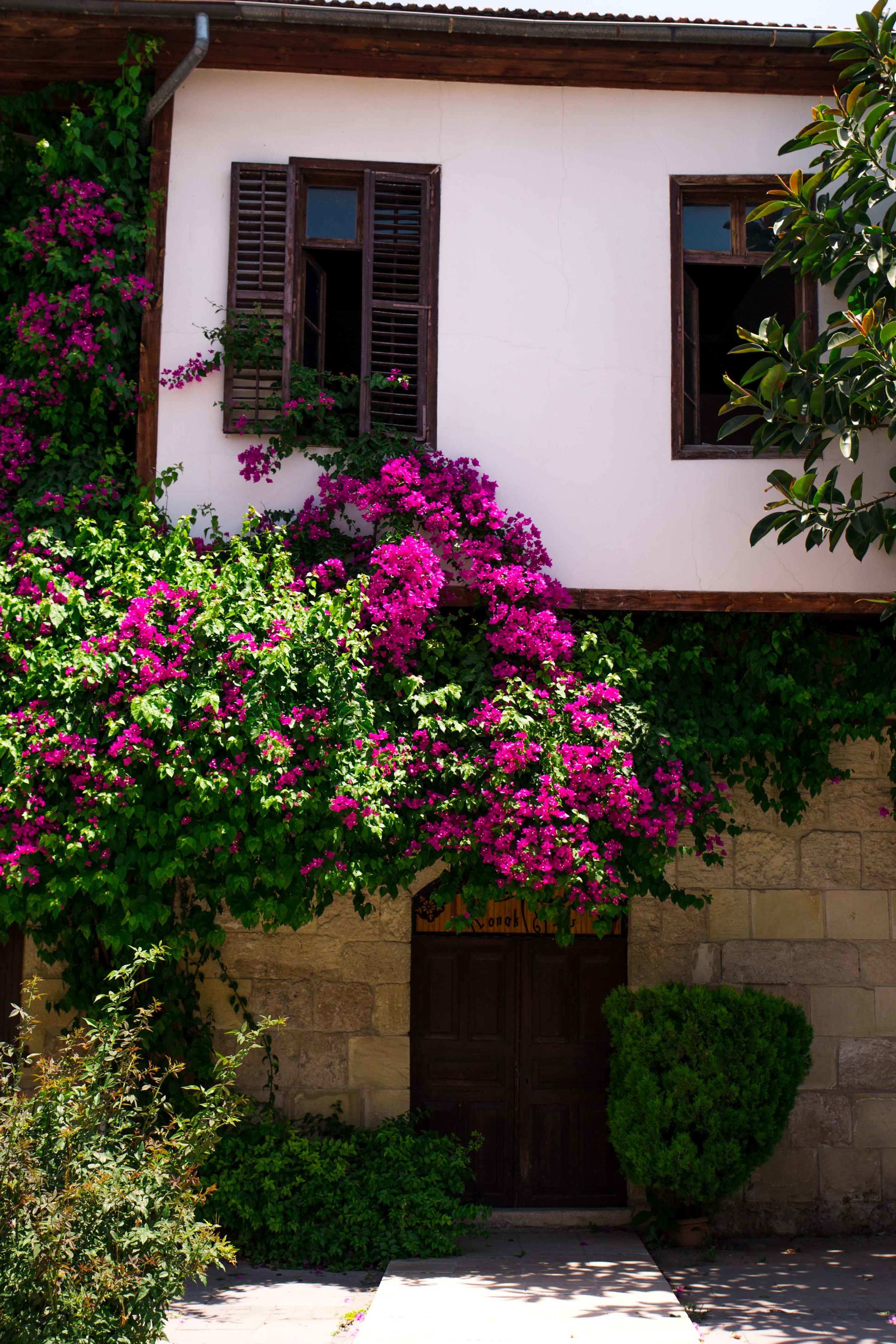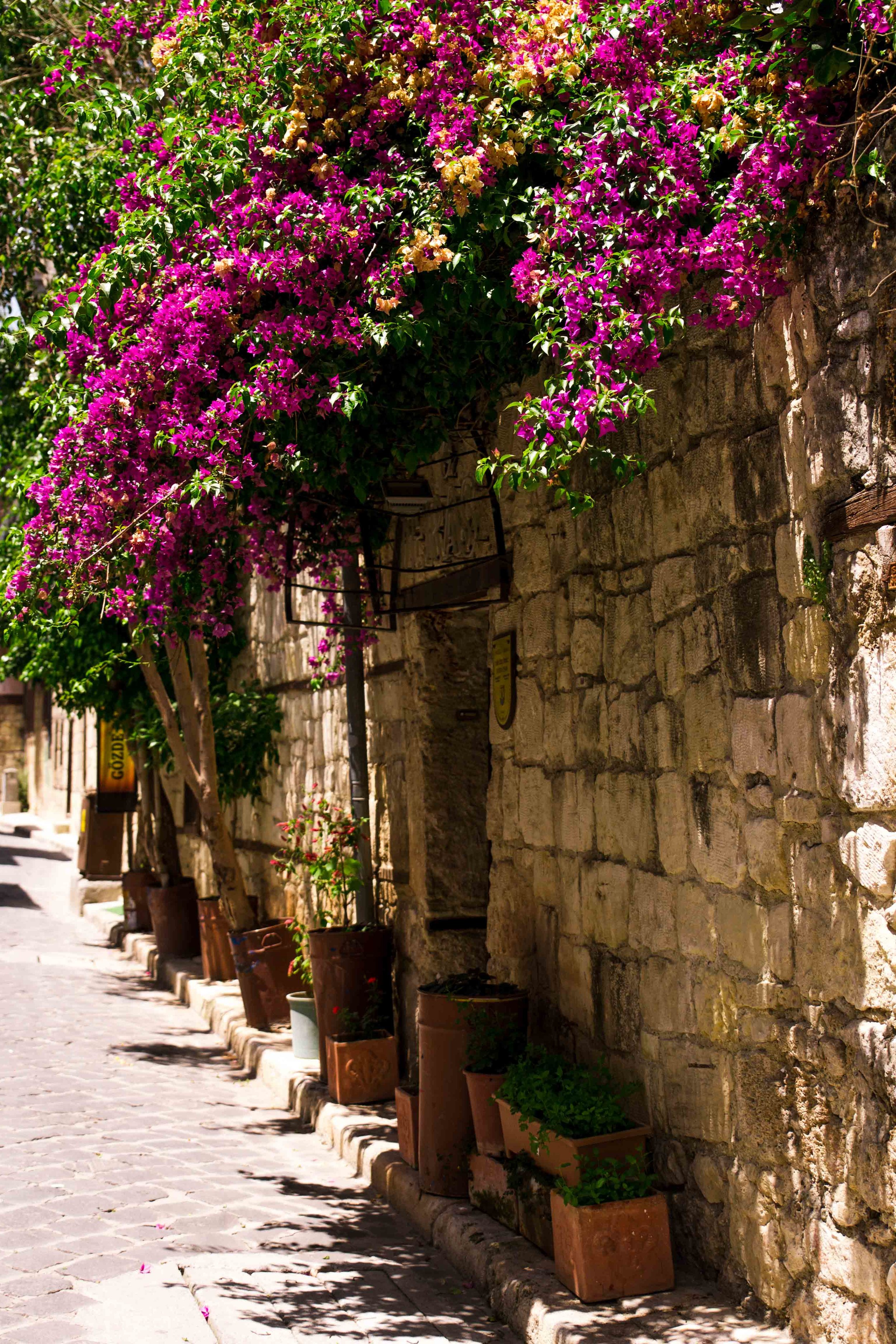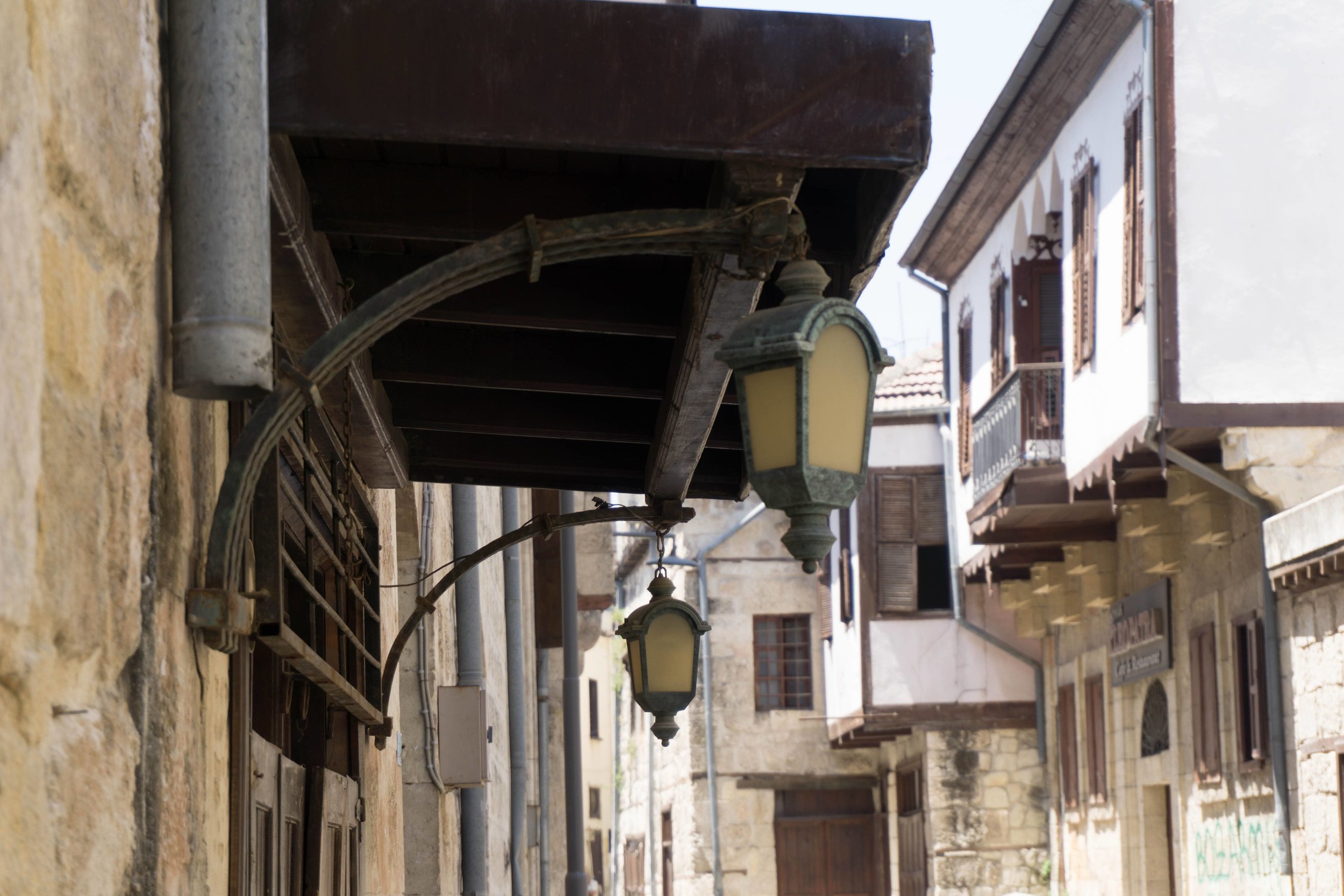Tarsus: Truth, Legends, and Myths Abound
When thinking of Tarsus a couple of things may come to mind, like the Apostle Paul. But, like me, when considering this 6,000 year old city you may not have thought about Cleopatra or Alexander the Great.
At the start of our adventure we drove to an archway leading to a first century Roman road that may have stretched through the Taurus mountains, passing through the Cilician Gates. From there we could see snow covered mountains in the distance with the Roman road stretching on before us, winding its way through the hillside. It was fascinating to see the ancient path still remained. It is said to have been mainly used by foot traffic as there are no wheel ruts present. It was interesting to imagine how people would have used the passageway to travel from one distant city to another. I also imagined how some rocky enclaves would have provided shelter for travelers at night and where fire pits would have been placed.
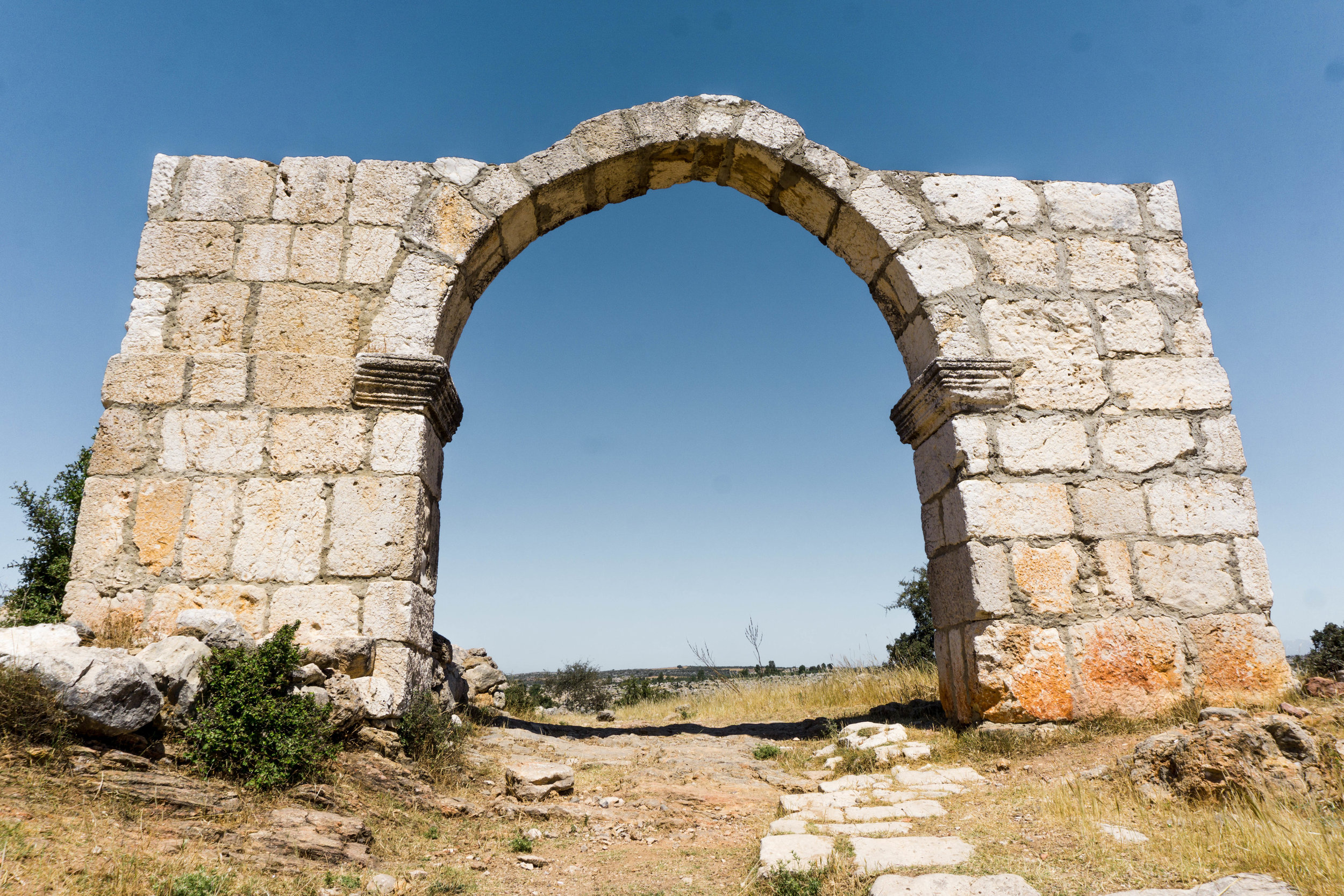
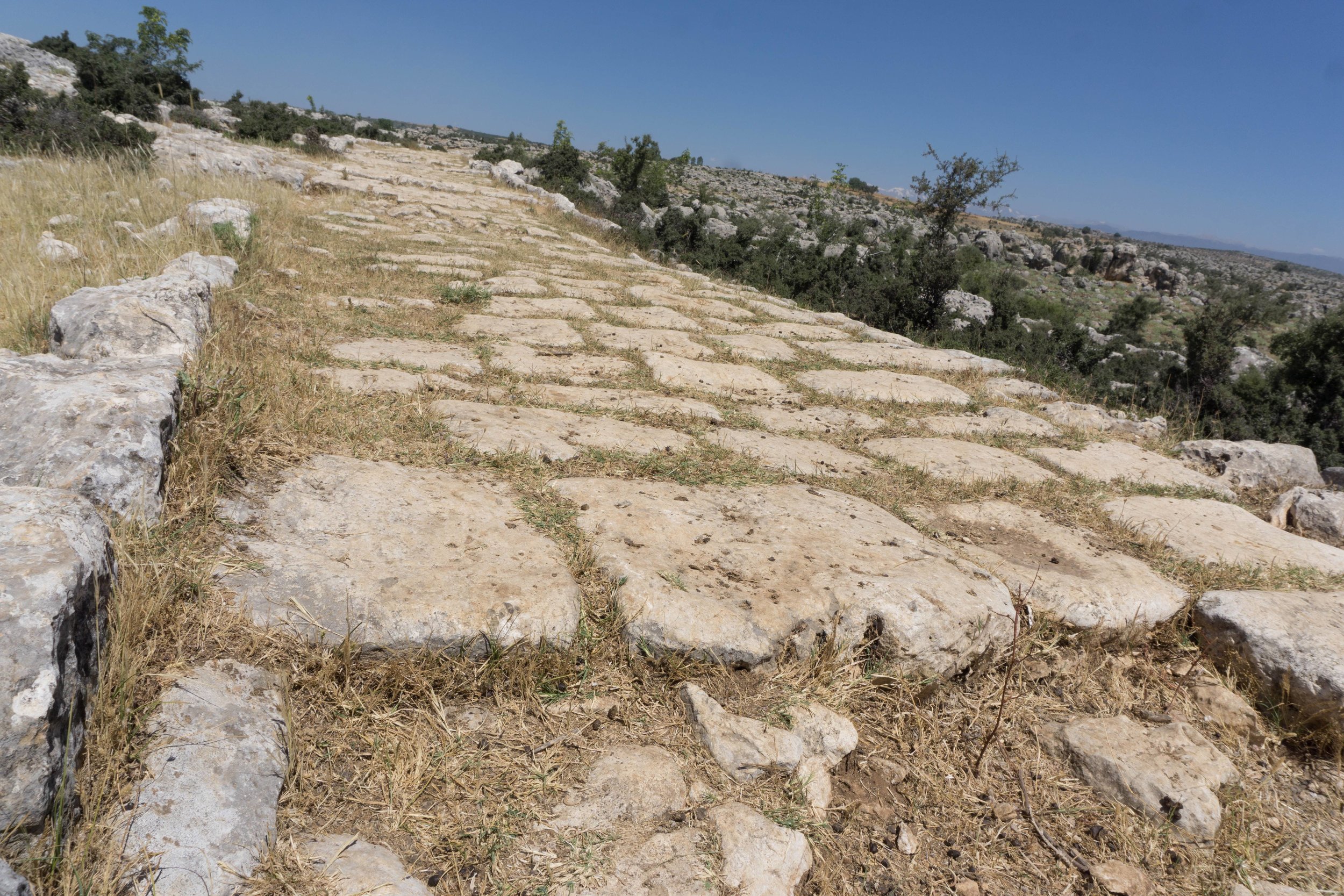
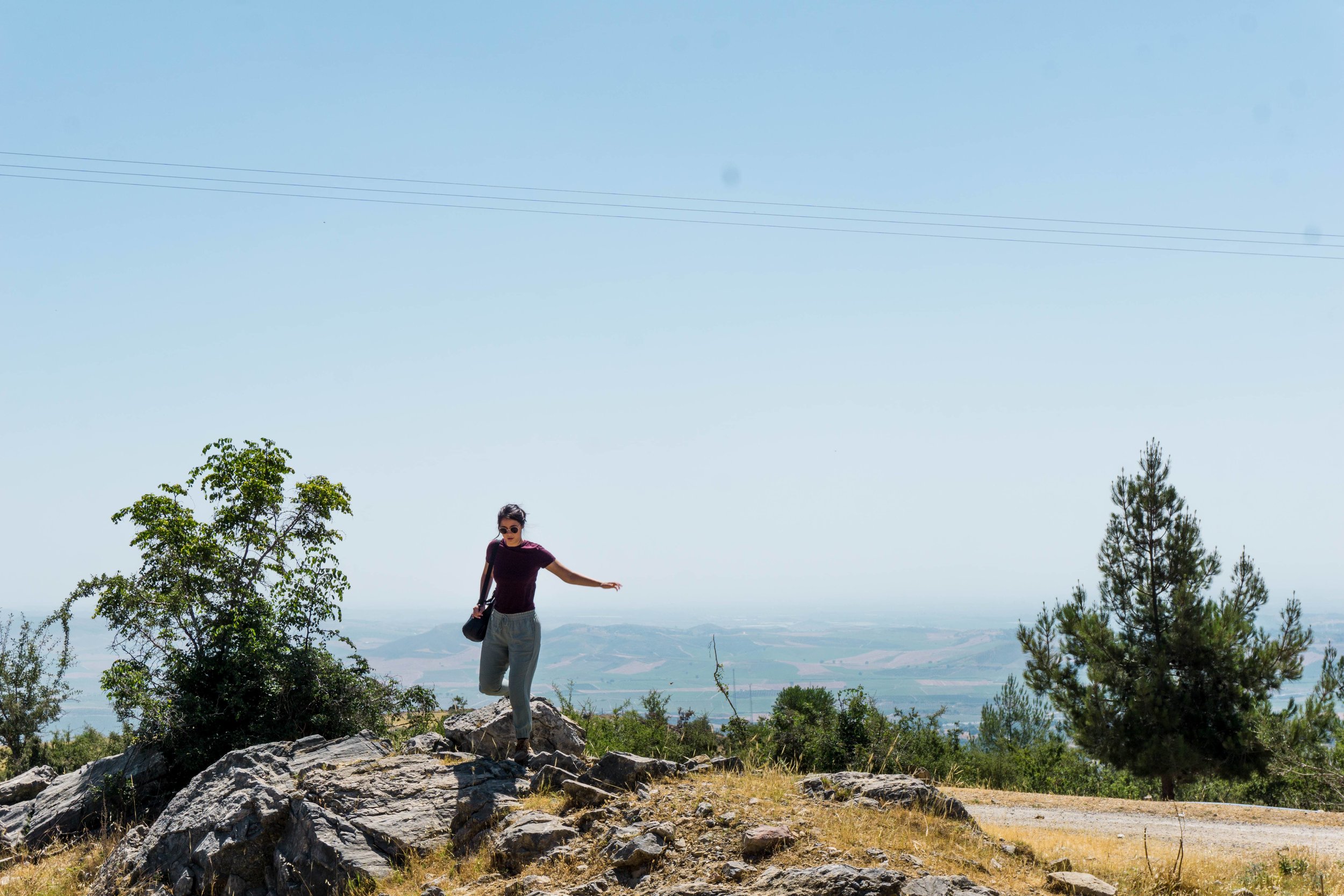
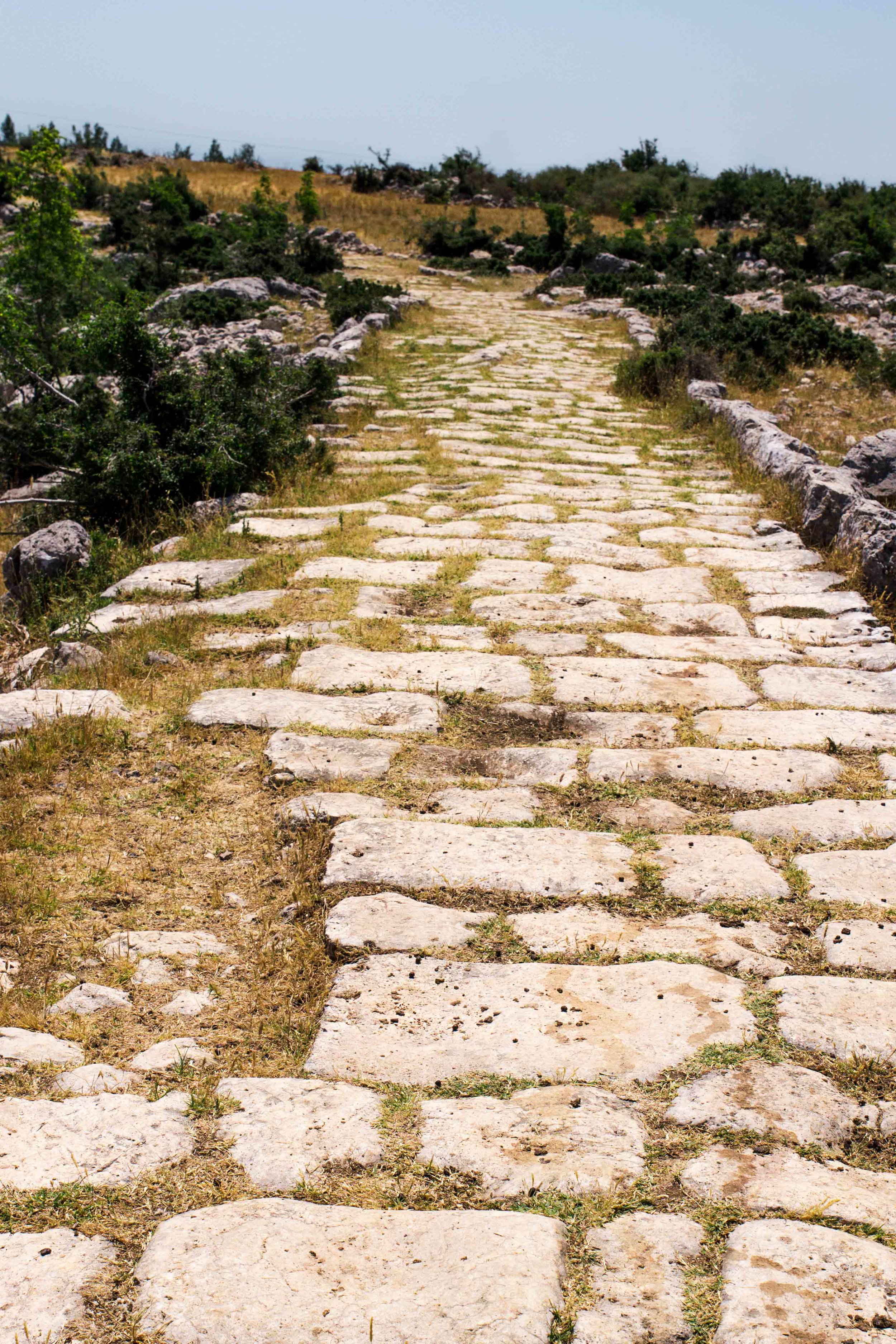
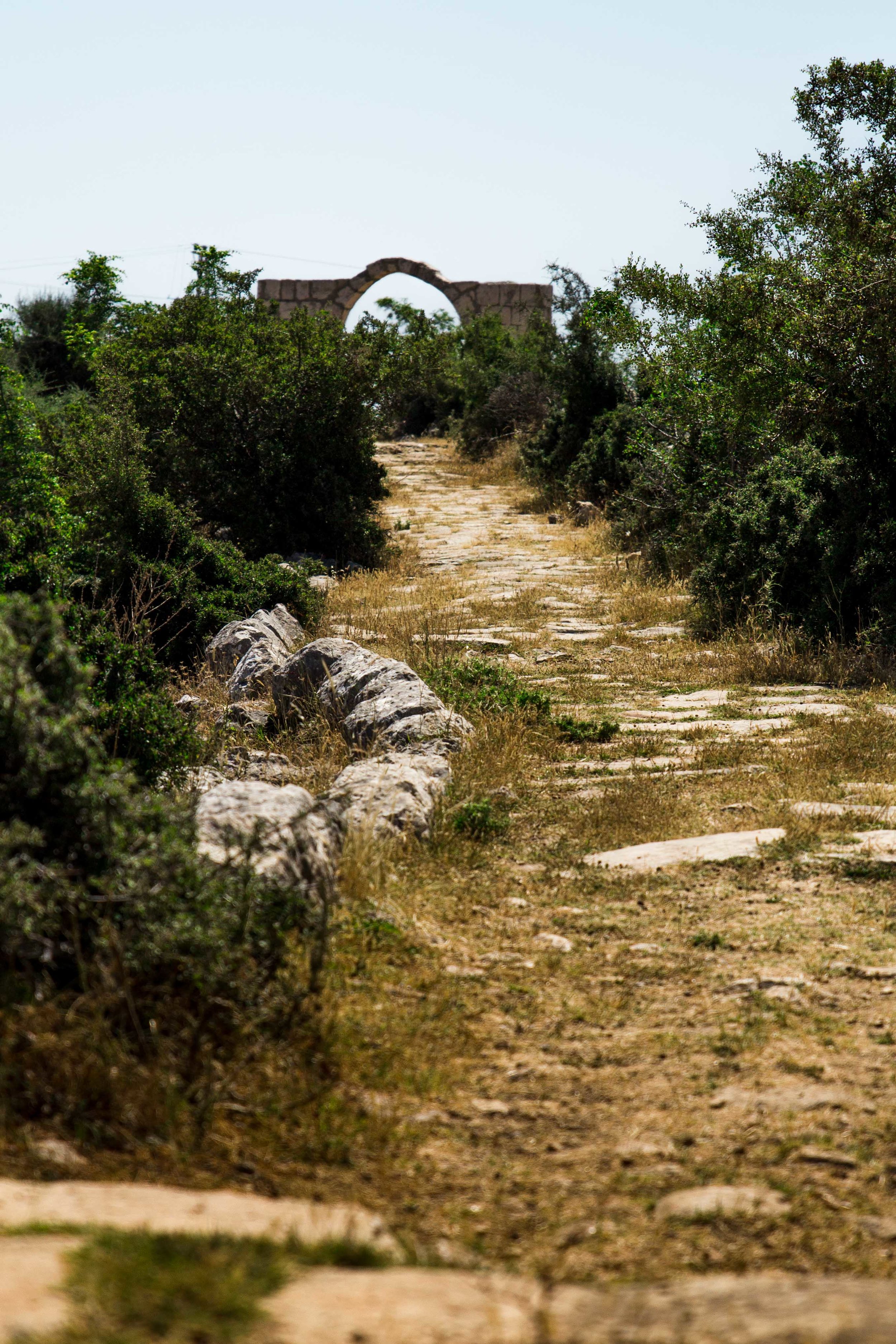
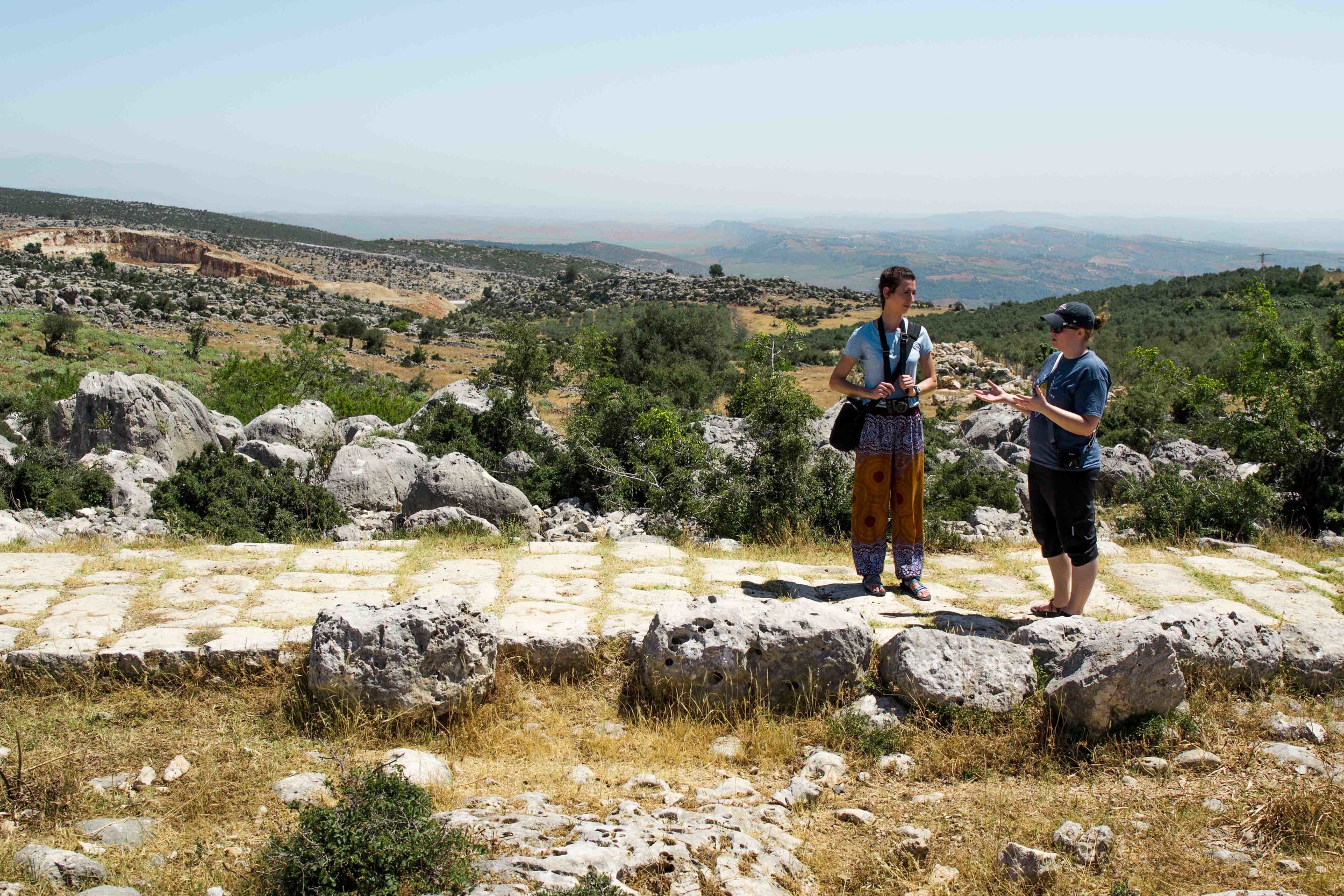
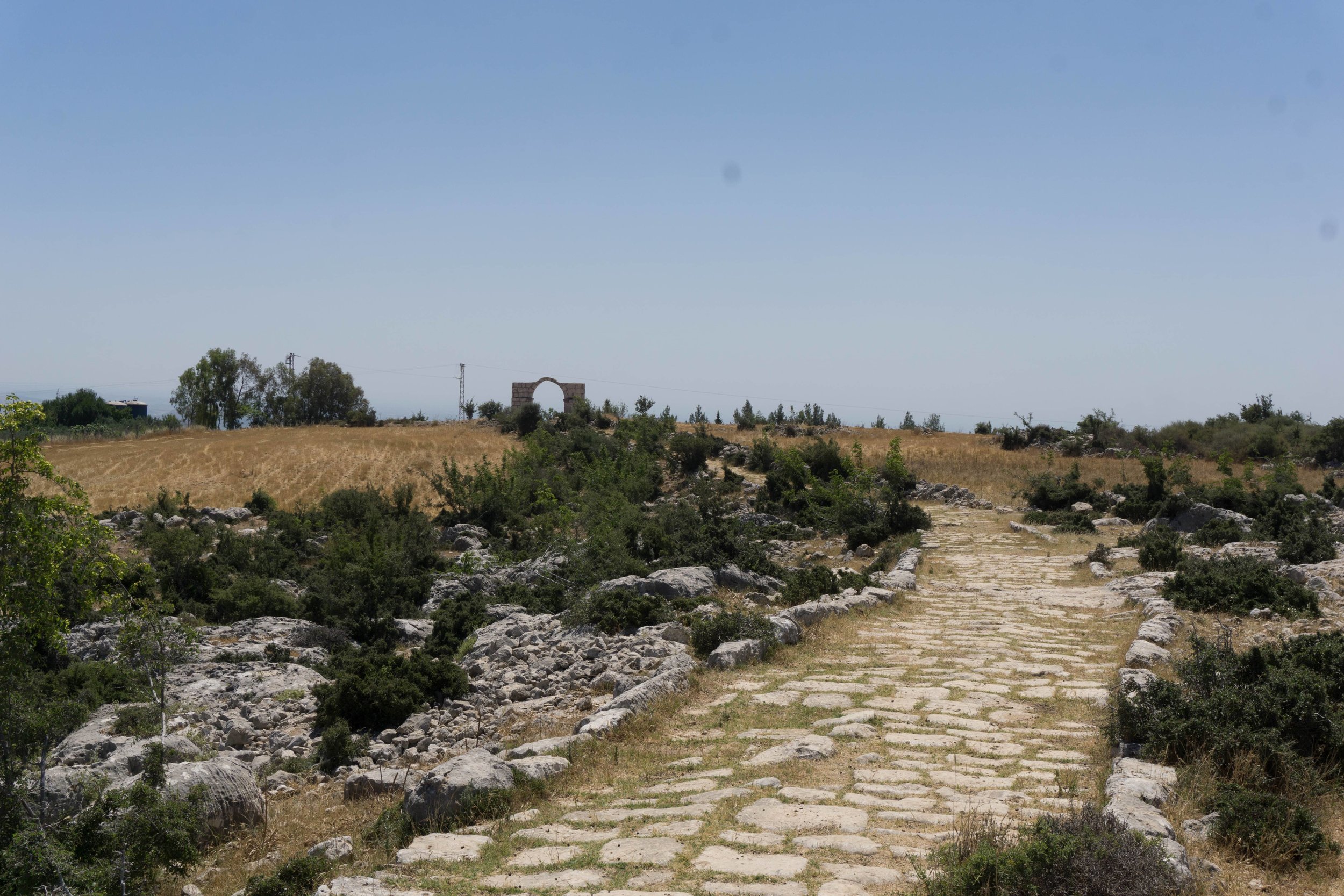
It reminded me of scenes from the Lord of the Rings as Aragorn, Legolas, and Gimli rushed through many different lands to rescue the hobbits. Of course, they didn’t have an awesome Roman road to help them travel smoothly.
We then went into the city of Tarsus to explore more. We walked down quaint streets with houses remaining from the Ottoman Empire until we arrived at the site of St. Paul’s Well. Some say this is the site of Paul’s house but no one knows for sure. The location is well maintained, and the entry fee of 5 TL was very reasonable. The main attraction of course is the well, but there are also many lovely shaded places to sit, rest, and admire the various types of ancient columns arranged around the site. The attendants were very courteous and offered to draw up water from the well if we wanted. We were excited to see the process, and once the water was brought up some of us rinsed off our hands with it.
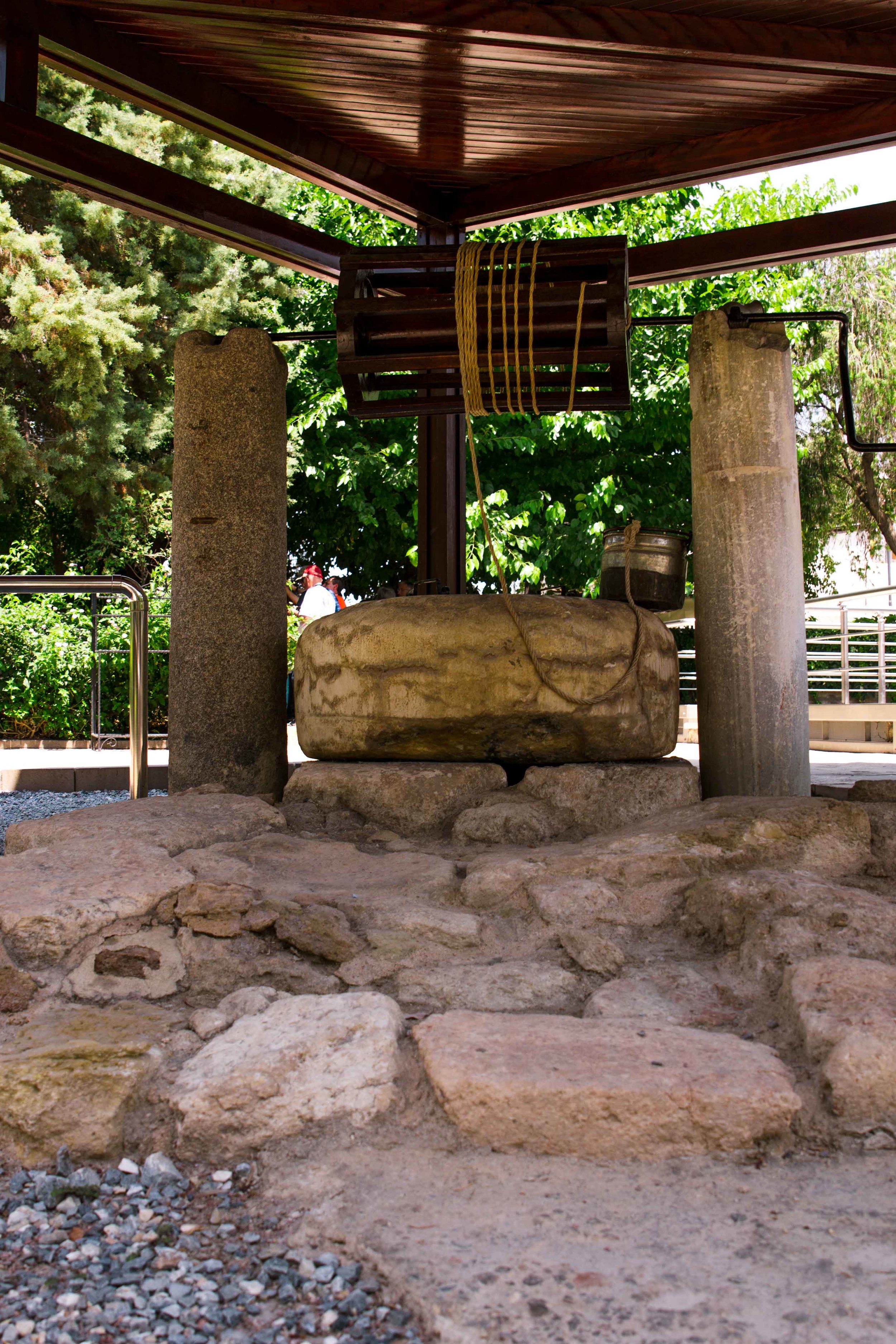
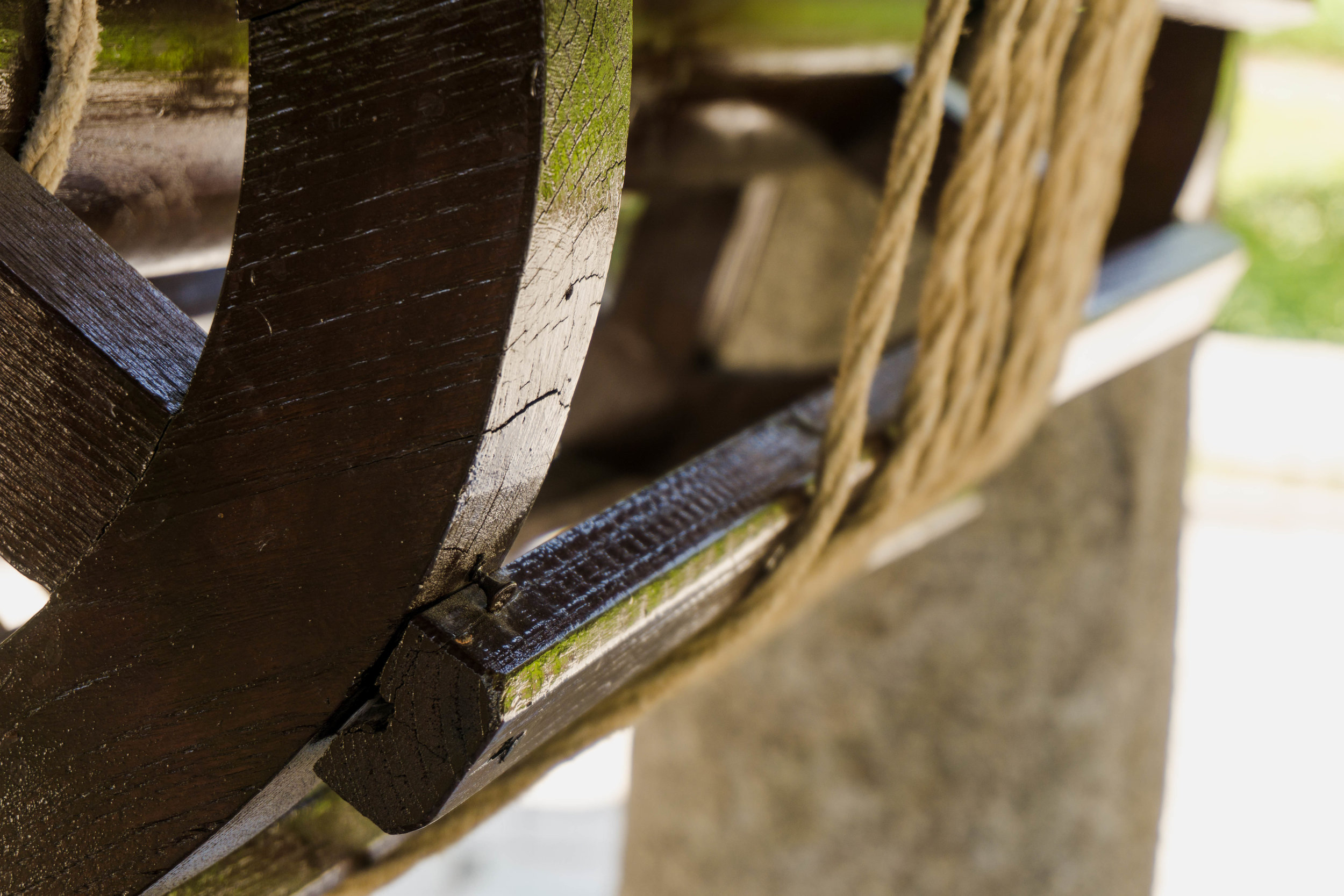
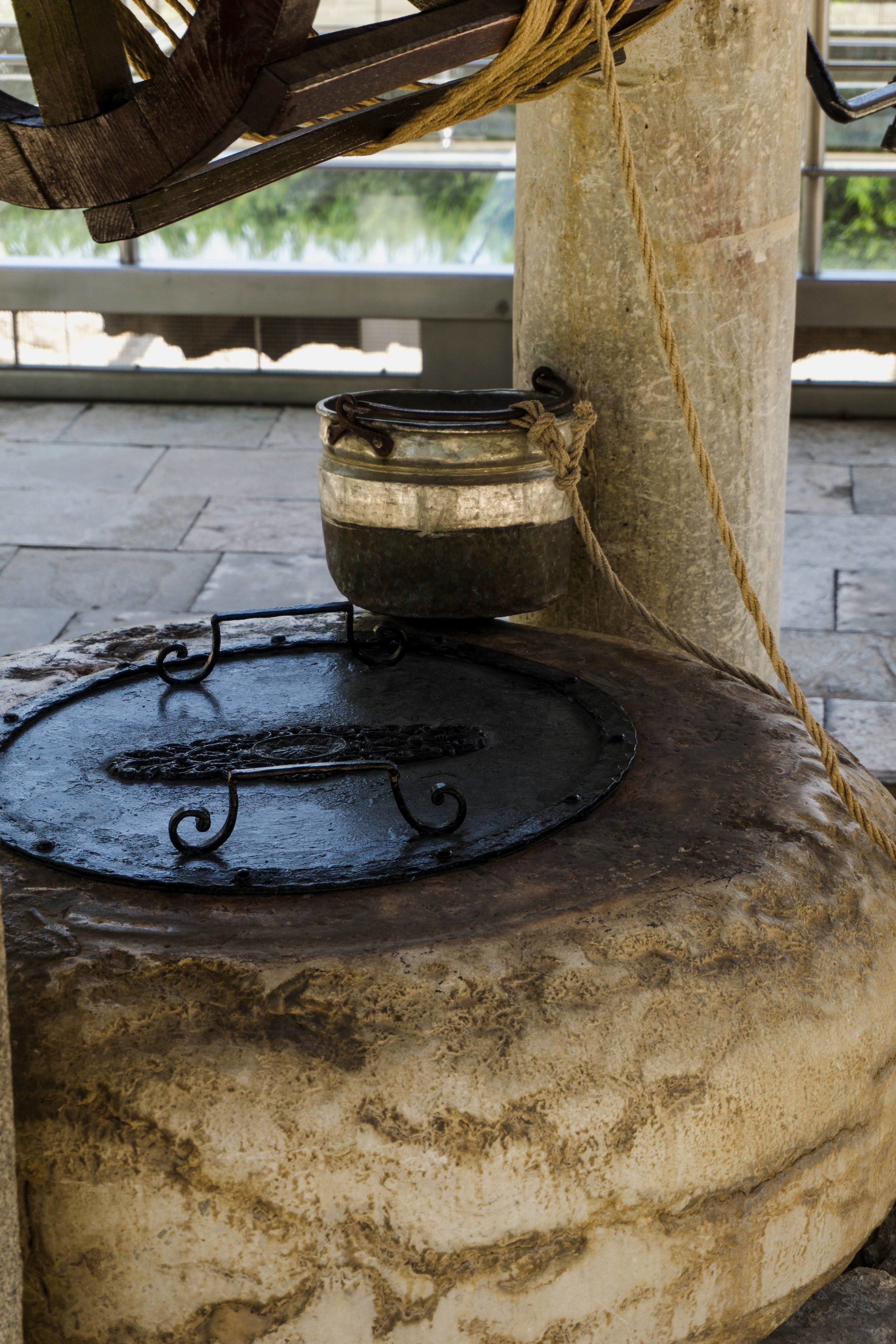
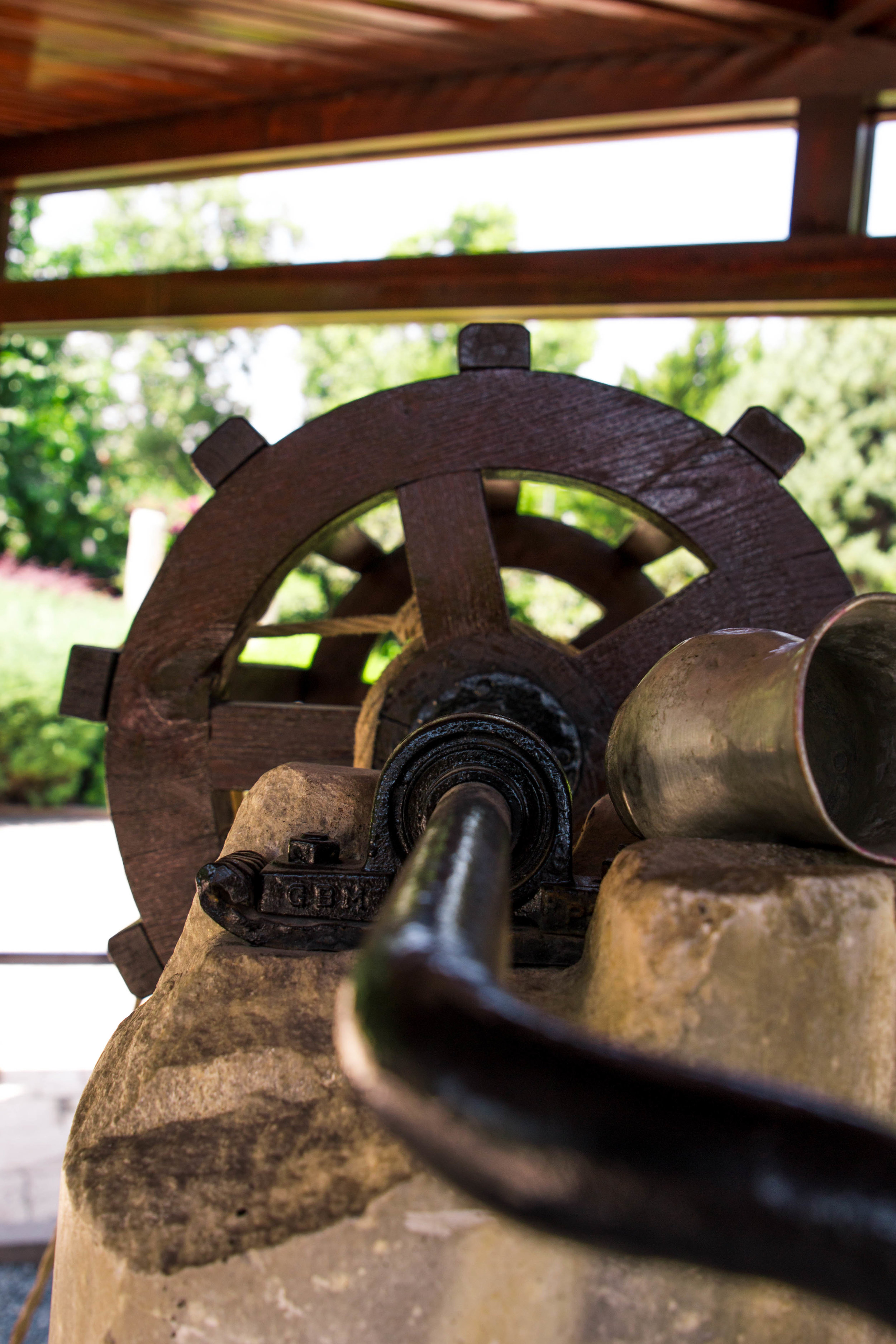
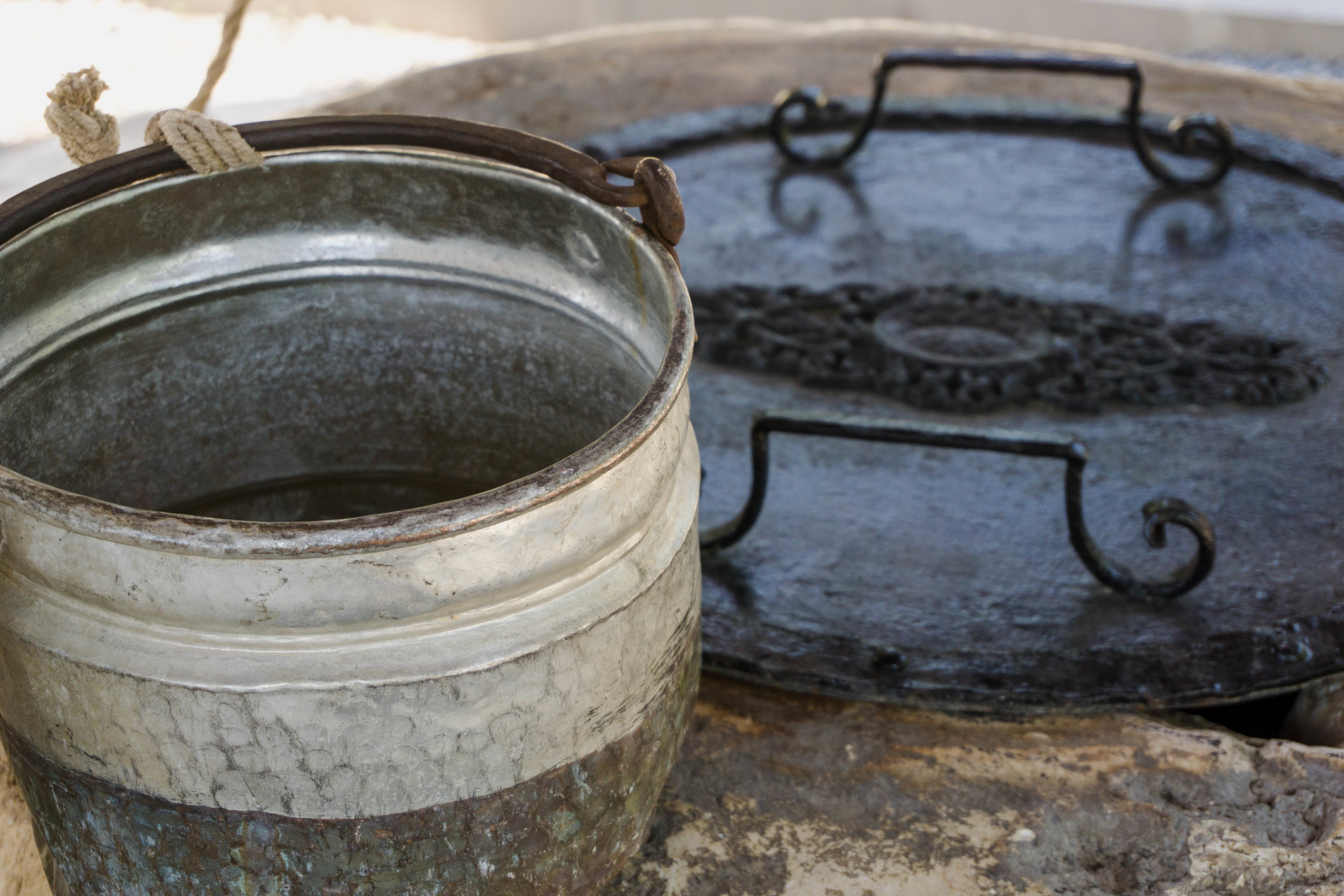
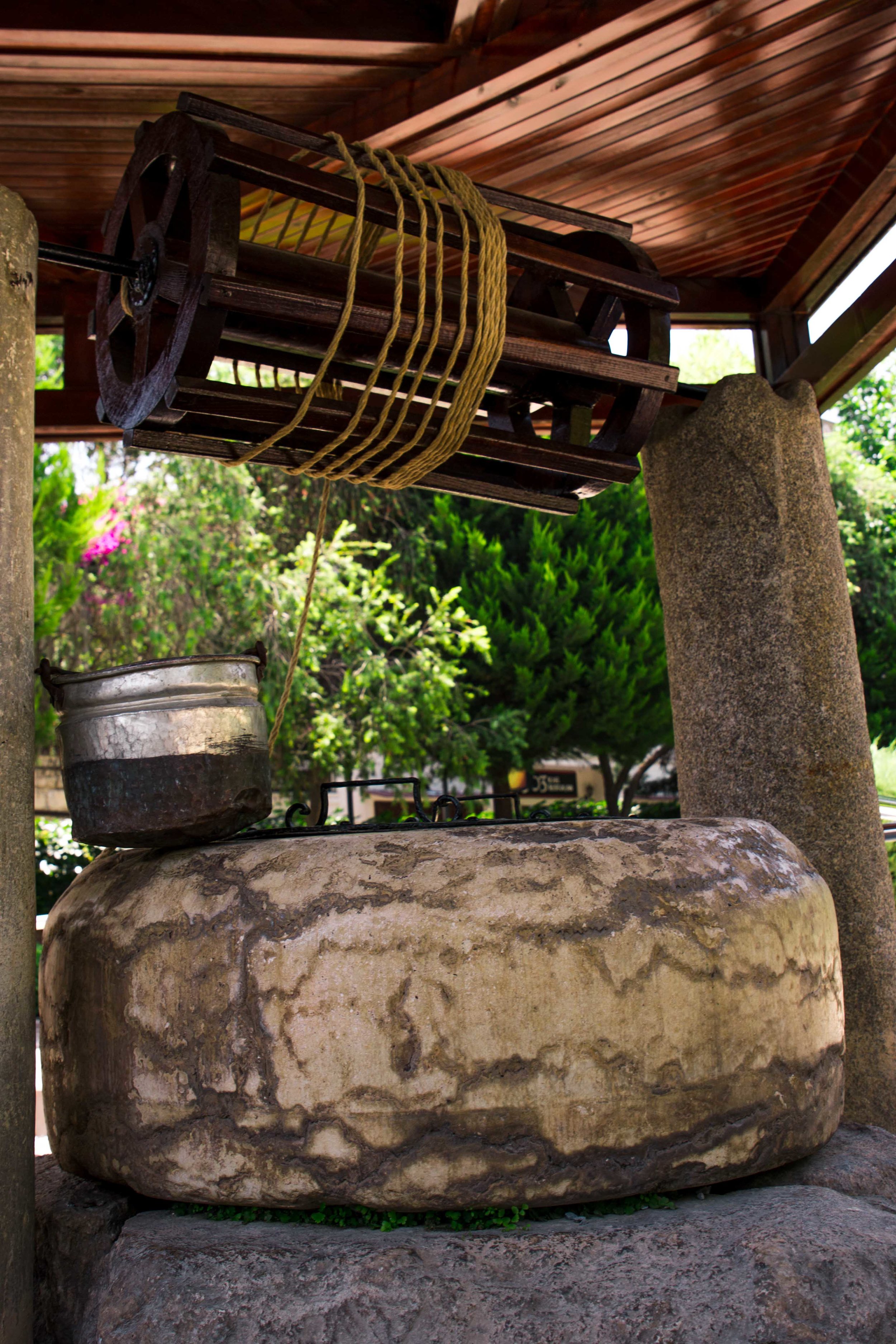
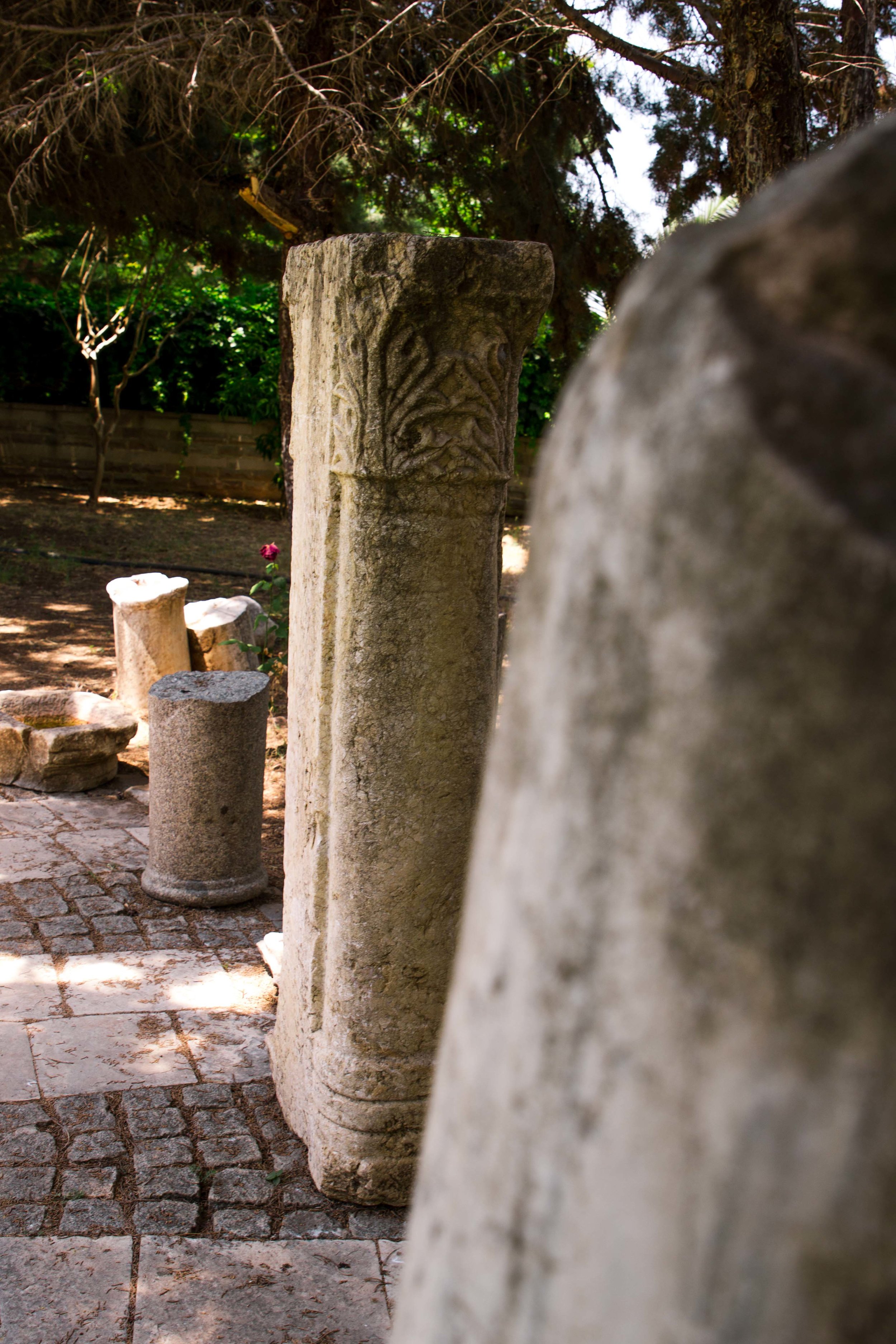
Afterwards we were hungry and located a nearby café, aptly named St. Paul Café. The hosts were very hospitable, giving us a delightful room in which to enjoy our meal. There were many fascinating pieces of art and antiques in the room. The food was quite delicious and wonderfully fresh. After tea our hosts showed us around the lower level of the building, telling us about the history of similar buildings in Tarsus. Buildings like this one used to have stables in the lower level and living quarters above. They were willing to tour us around the town the next time we came by, which I think would be exciting as they know so much about the local history.
After lunch we stopped by a Roman-era archway known as Cleopatra’s Gate. Supposedly Cleopatra’s first meeting with Marc Antony was at this gate when she visited Tarsus. Of course no one knows for sure but this centrally located gate does show the thickness of the city walls and the historical significance of the city.
We next made our way to the colorful Tarsus Waterfall found inside the city. The area is well maintained with gates, walkways, overlooks, and places for children to play safely. It is a very family friendly site where stunning photos can be taken of the beautiful water and the lovely greenery. Even though swimming was prohibited, we witnessed some people swimming in the current of the waterfall, which honestly looked quite enjoyable. There is a myth that Alexander the Great bathed in these waterfalls, caught pneumonia, and then died shortly thereafter in Babylon. I hope the swimmers fared a better fate.
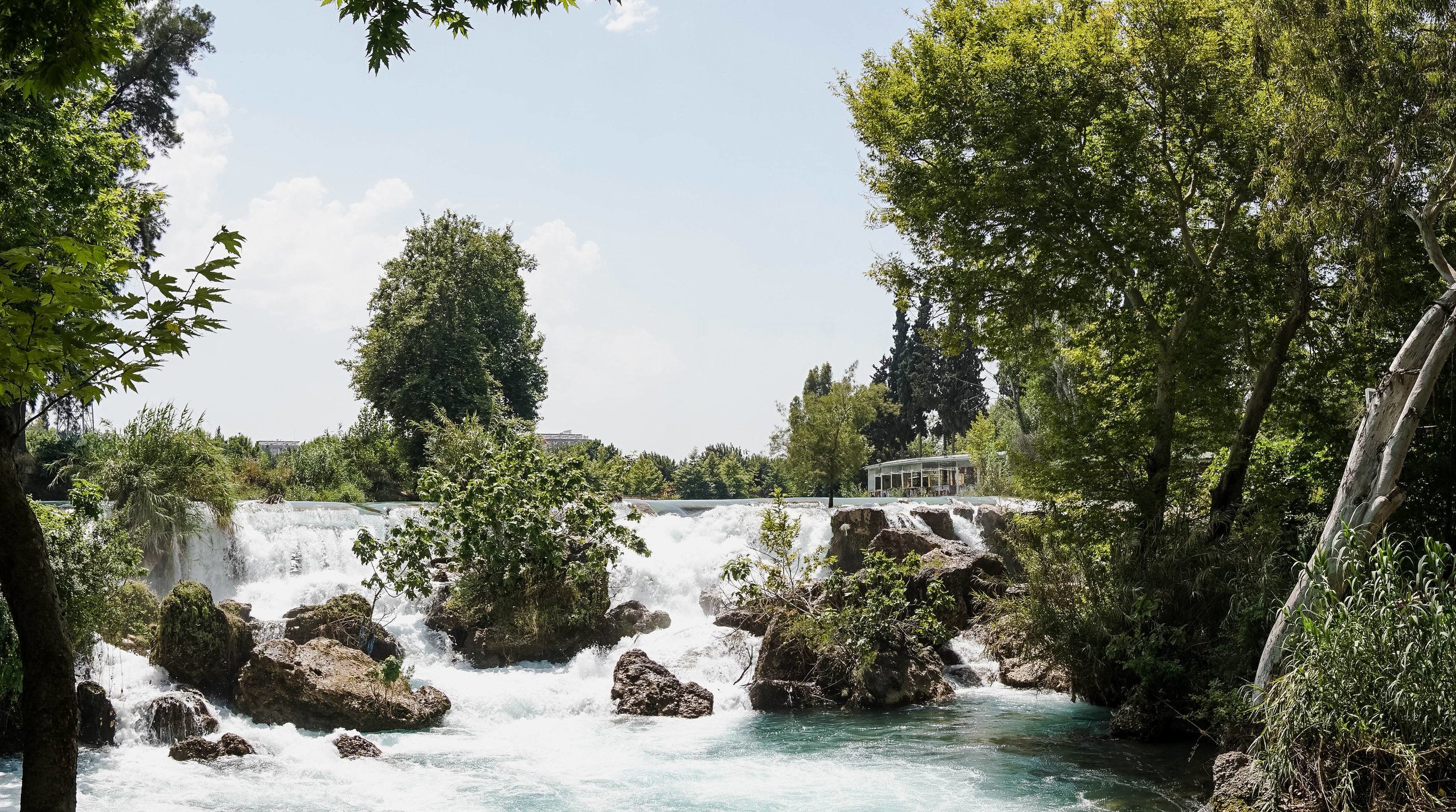
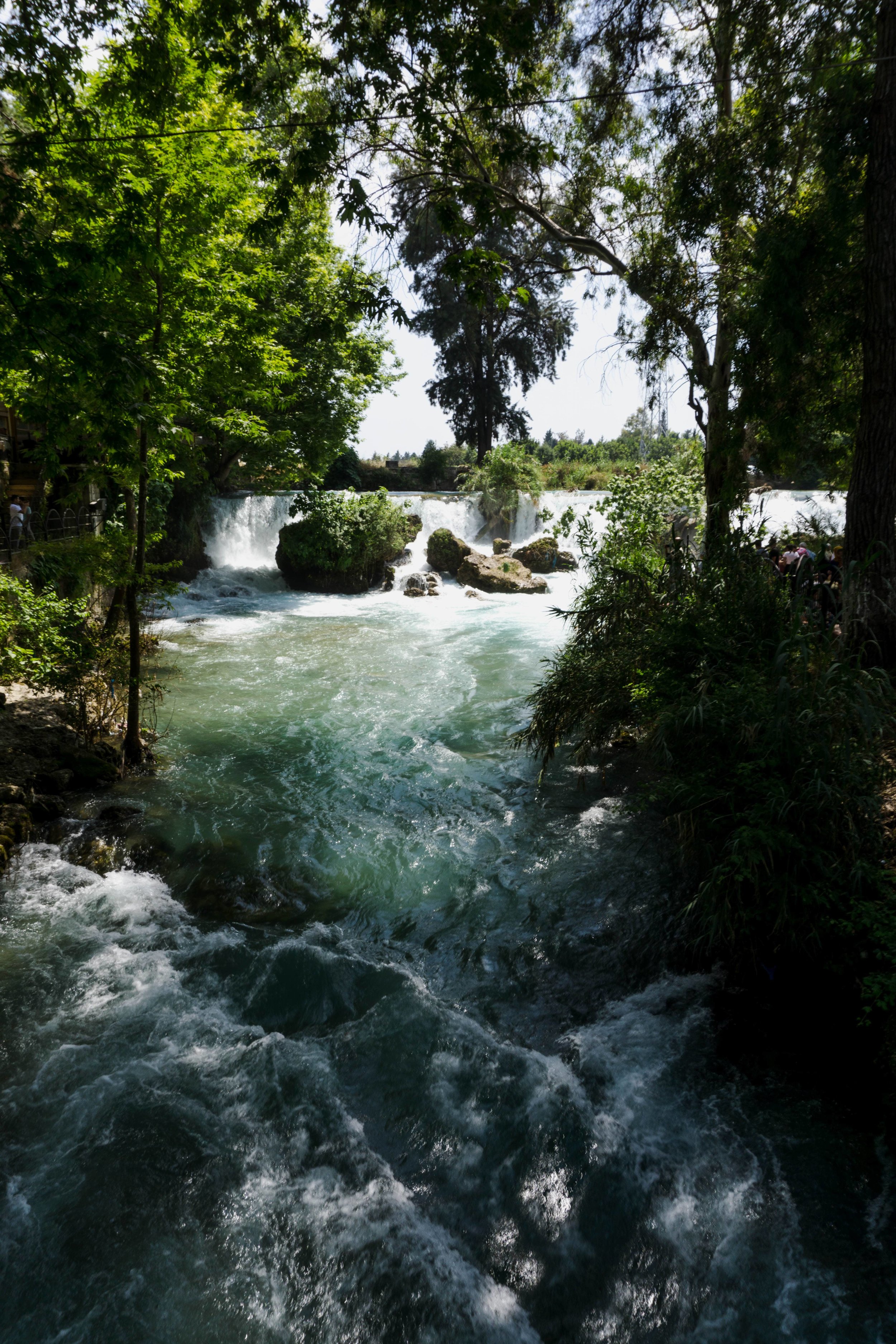
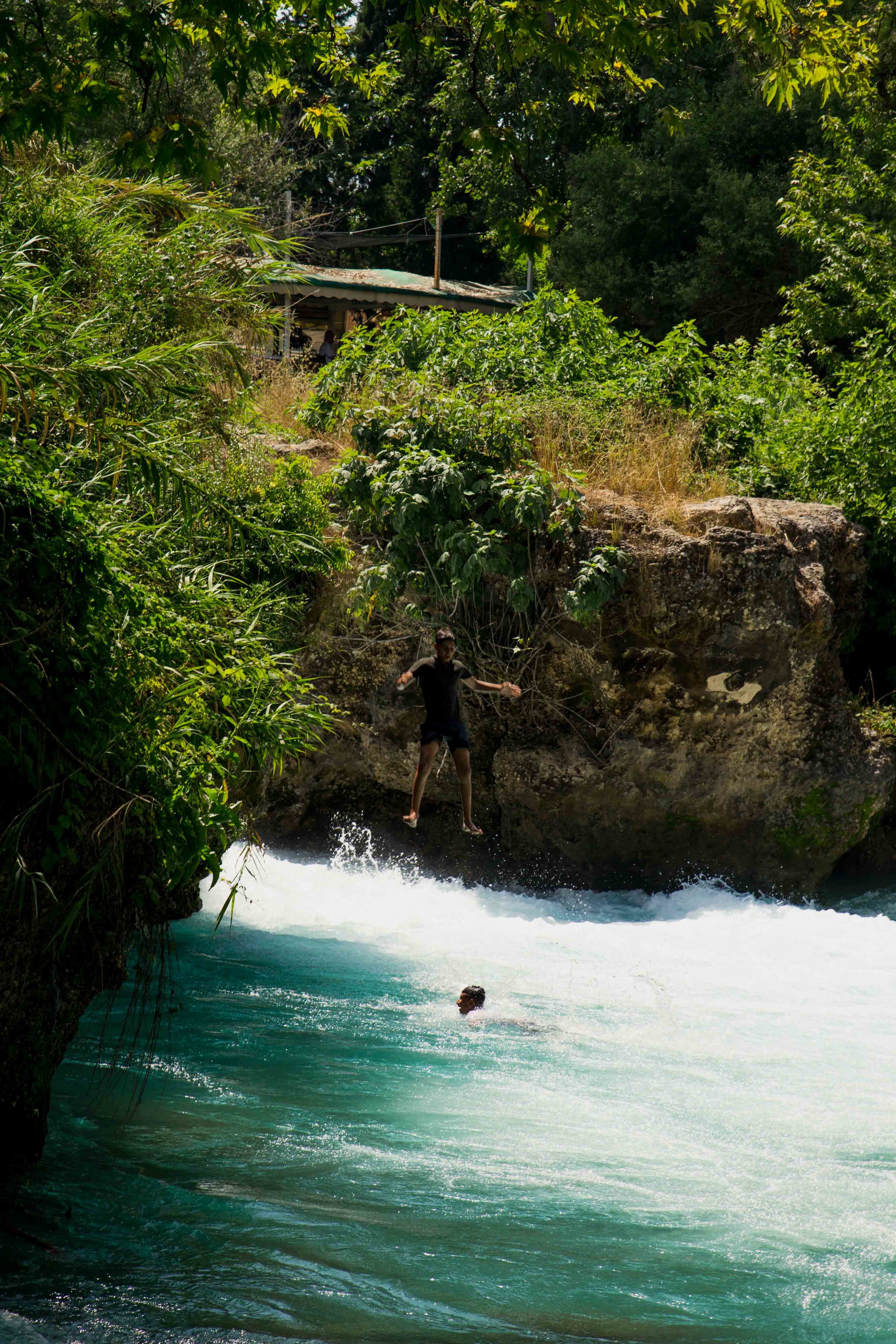
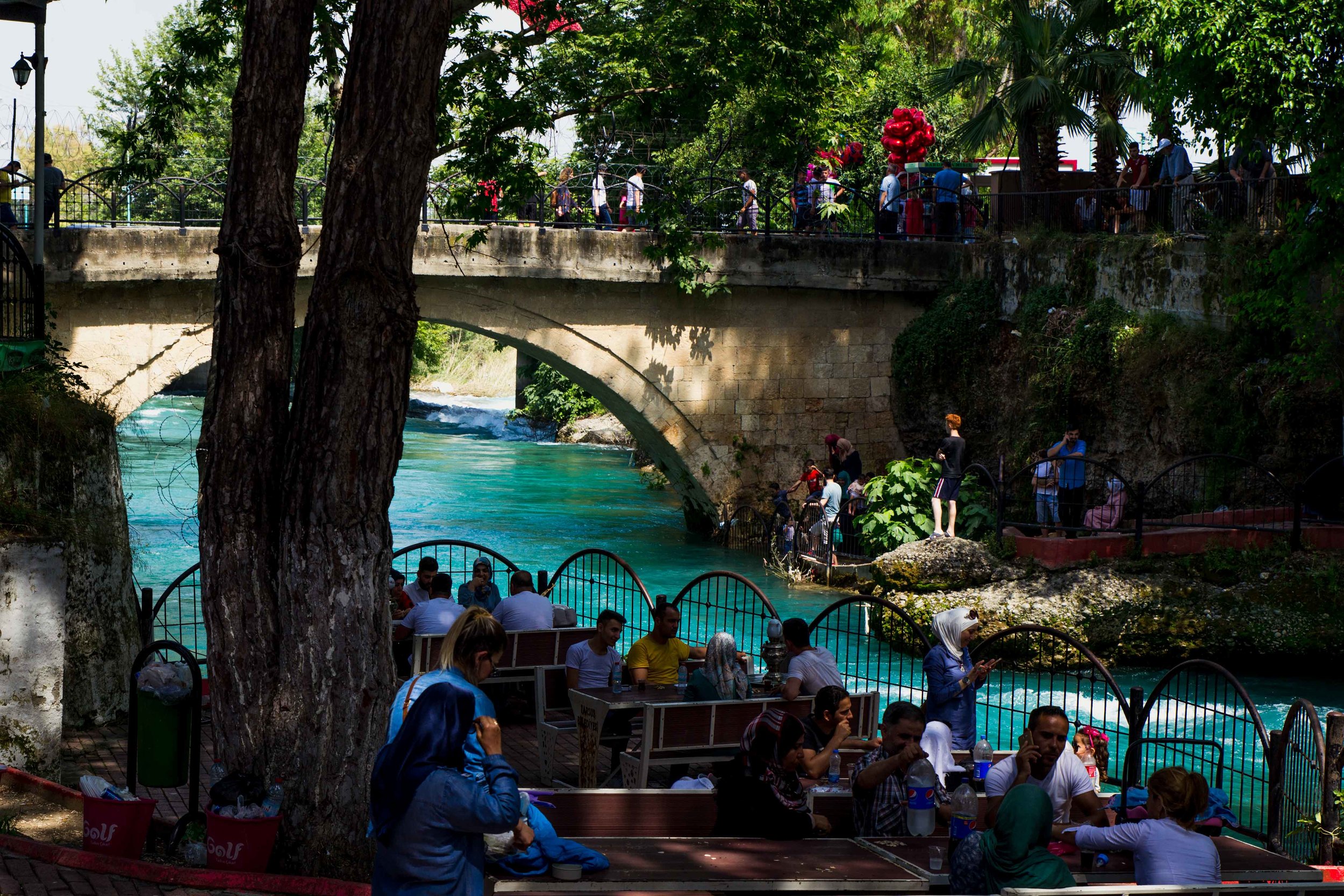
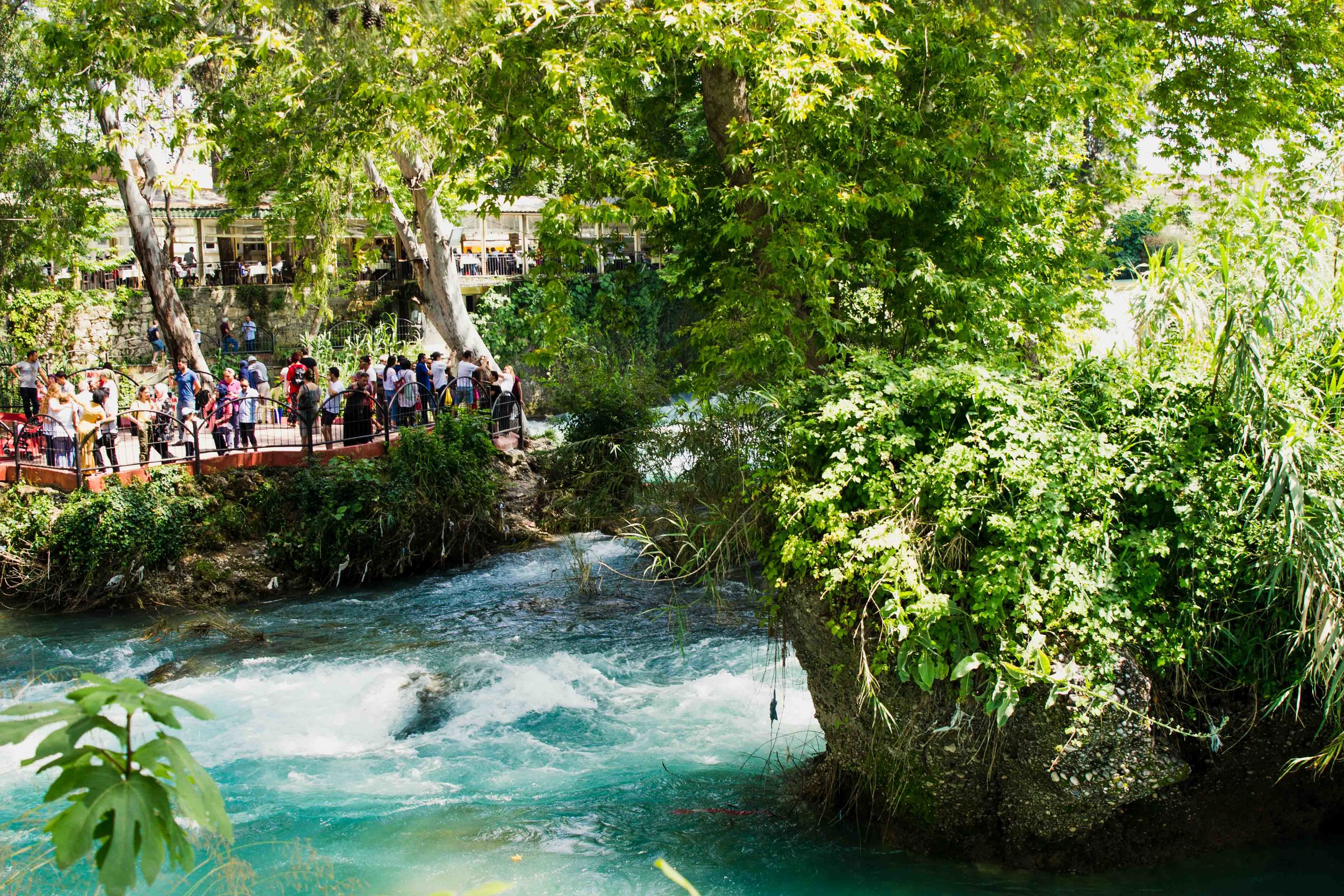
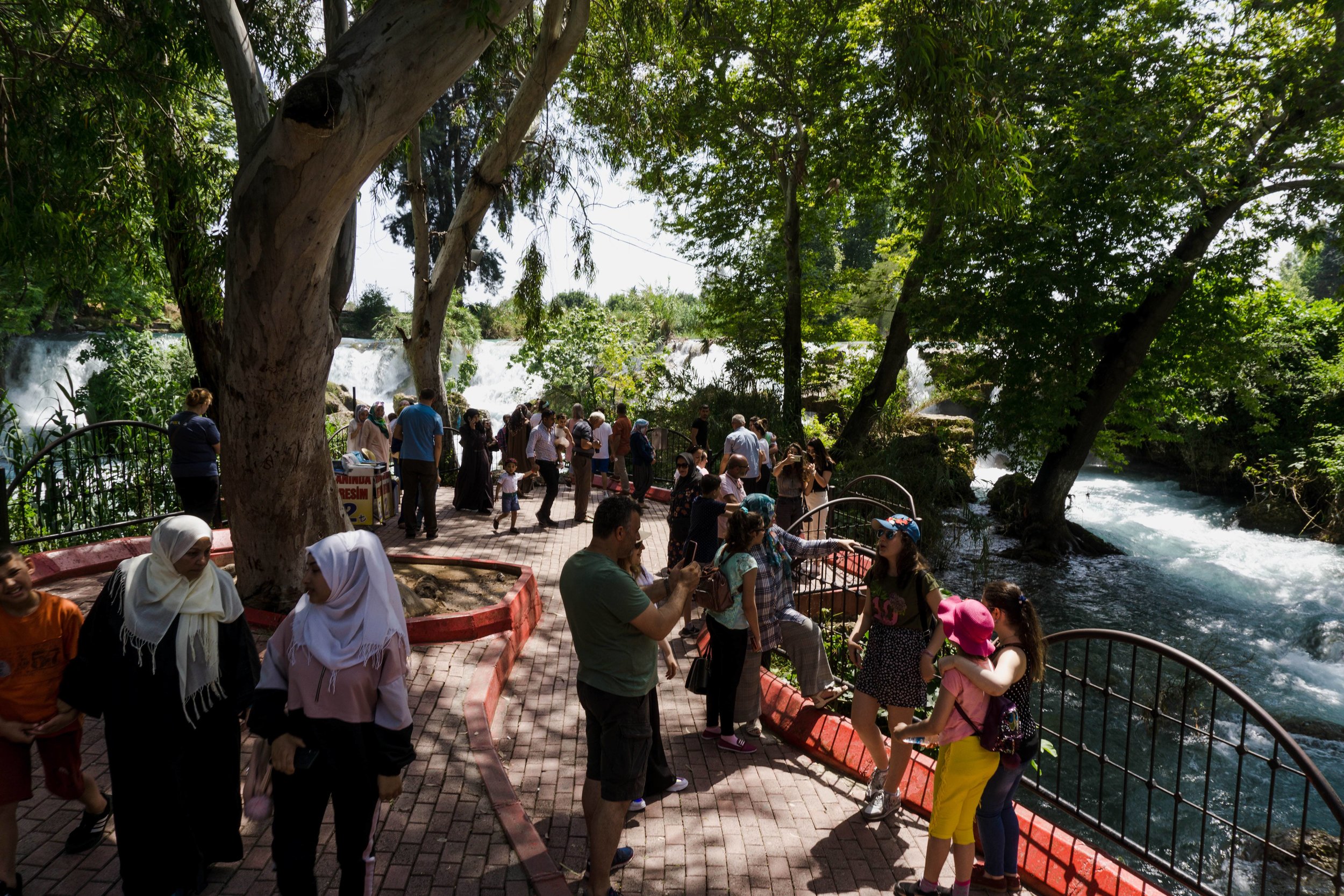
Overall our short trip was packed with much fun, enjoyable sightseeing, and great road-tripping adventures.
What would you like to see most in Tarsus?
TO OUR FRIENDS IN THE WEST, KEEP LOOKING EAST!
Written By: Serena Swords
Photography By: Serena Swords and Hannah Greer
Serena Swords
A self-proclaimed “Calitexoman” (hailing from California, Texas, and Oklahoma), Serena is an eclectic mix of all of the places she has called home. Her most recent domicile is Norman, Oklahoma where she is a student at The University of Oklahoma studying International Relations and Administration. In laymen’s terms that means “event planner of the world,” as she hopes to connect businesses cross-culturally. Serena loves traveling, exploring new places, and most of all making new friends. While her impressive 5’10” frame makes the opposing volleyball team shake like a leaf, those of us that know her well love her affable demeanor and profoundly positive perspective on life. After you have explored all of her work on West2East and Explore Adana, you can find her personal work here.






